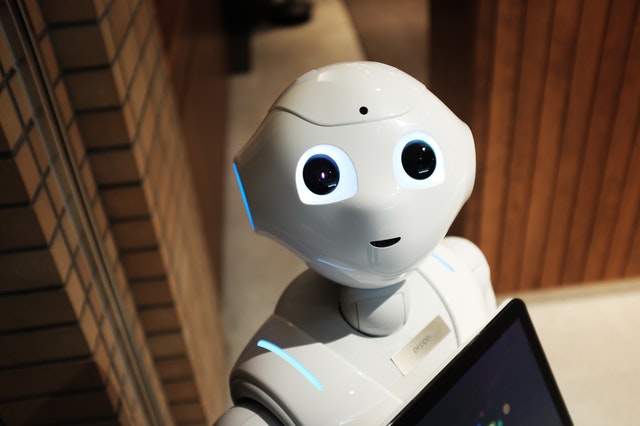The drive towards digitalisation that has characterised the last decade, even during the global pandemic, has brought with it a real threat to all those workers, whether employees or not, who could be replaced by a robot, or by an automation process that is cheaper for the company and even – but this is not always the case – more efficient, faster and more productive. In the age of Alexa and Siri, machines could soon supplant a surprisingly large number of job positions, entering the labour market with the overwhelming force of innovation.
But what are the best strategies to adopt in order not to be overwhelmed by the transition to automation? Companies must bear in mind that a machine, in order to be governed, needs staff with specific skills, a well-defined know-how, and that it will therefore be advisable to invest a certain amount of resources in training the human employees who will remain in the office, who will have to become increasingly familiar with the concept of innovation.
Automation is now
To analyse the impact of automation on the world of work, we need only look at a few figures: it has been calculated that robots, compared to humans, can do much more work, completing around 260,000 jobs hours each year, around eight times more than the time taken by a human worker. The cost of running the machine is also significantly lower than the monthly salary of a human employee: robots can cost up to 90% less than a real person. The issue of productivity is certainly more complex, but for certain kinds of work, it has been estimated that robots, even if left unattended for a whole day, are perfectly capable of doing their job, managing it autonomously and without any need for external intervention.
For the time being, the machines are mainly used for repetitive work, for all those tasks of a mechanical nature, or even for those particular tasks where the safety of a human employee could be jeopardised by the characteristics of the work environment, the weather conditions, or other circumstances of the same kind.
The complex systems that enable a smartphone or an electronic device to recognise the human voice, or even to execute precise orders, are a product of technological progress in the field of machine learning and artificial intelligence, AI. Soon – but some ambitious experiments have already been attempted – this same technology will also arrive in the workplace, forcing managers and workers to a decisive cultural upheaval that has been talked about for years, but which at this very moment is just around the corner. The most immediate risk, from this point of view, is the loss of jobs for millions of people, who could see themselves replaced from one day to the next by an army of robots.
New opportunities for people
This process, however, is far from being unidirectional: those who will be replaced by a machine, in fact, will have the opportunity to find a new job thanks to the numerous possibilities offered by technological development, which include the activation of new jobs and new assignments closely linked to the world of technology and innovation. In this respect, too, the training of individuals (even at school age, before entering the world of work) will be decisive, almost crucial to the individual destiny of many people. More and more qualified people will therefore be needed, with extremely specific courses of study, focused on innovation and its concrete impact on the day-to-day life of companies. And the demand for this kind of position will undoubtedly be extremely high.
The lack of human staff to pay, in some cases, can be a clear competitive advantage. Within some platforms specialising in gambling and casino games, for instance, players can experience gaming at a significantly reduced cost compared to physical casinos. Not having to shell out huge amounts of money for building maintenance and dealers’ salaries, in fact, allows these platforms to drastically lower the costs of casino games, allowing a wide audience to experience the most popular entertainment in the world of gambling.
Familiarising oneself with automation, with digitalisation, with all those services (including virtual ones) that will no longer require the presence of humans, together with a renewed focus on individual training in the areas of innovation, will help people and companies prepare for an increasingly near future in which robots will work side by side with humans.
Related Posts












